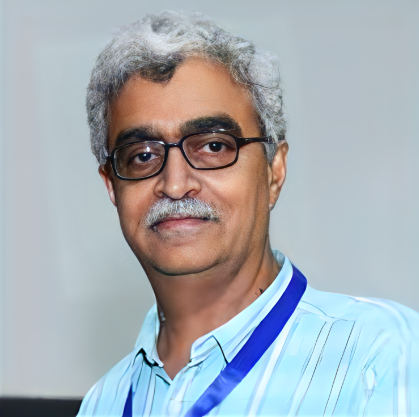Agricultural Sciences

In 2021, SreePVF expanded the Sree Ramakrishna Paramahamsa Research Grant to include the agricultural sciences. The grant aims to provide last-mile funding for novel and sustainable solutions that benefit small and marginal farmers in India. This program provides a 50-lakh grant over two years to individuals and institutions whose work aligns with our mission to improve agriculture practices and promote sustainable solutions in the field. At SreePVF, we believe that through research and innovation, we can help drive progress and make a positive impact on society.

Grant at a Glance
The 4th edition of the grant call closed on 31 May 2024. The next call for proposals will be launched in the Spring/Summer 2025.
Grant Name : Sree Ramakrishna Paramahamsa Research Grant
Type of Research: Agricultural
Level of Funding: Upto Rs.50 lakh
Duration of Funding: 2 years
Important Timeline
The competition for this year is closed, SreePVF is no longer accepting applications under this call. Next call for applications will be launched in Spring/Summer 2025.
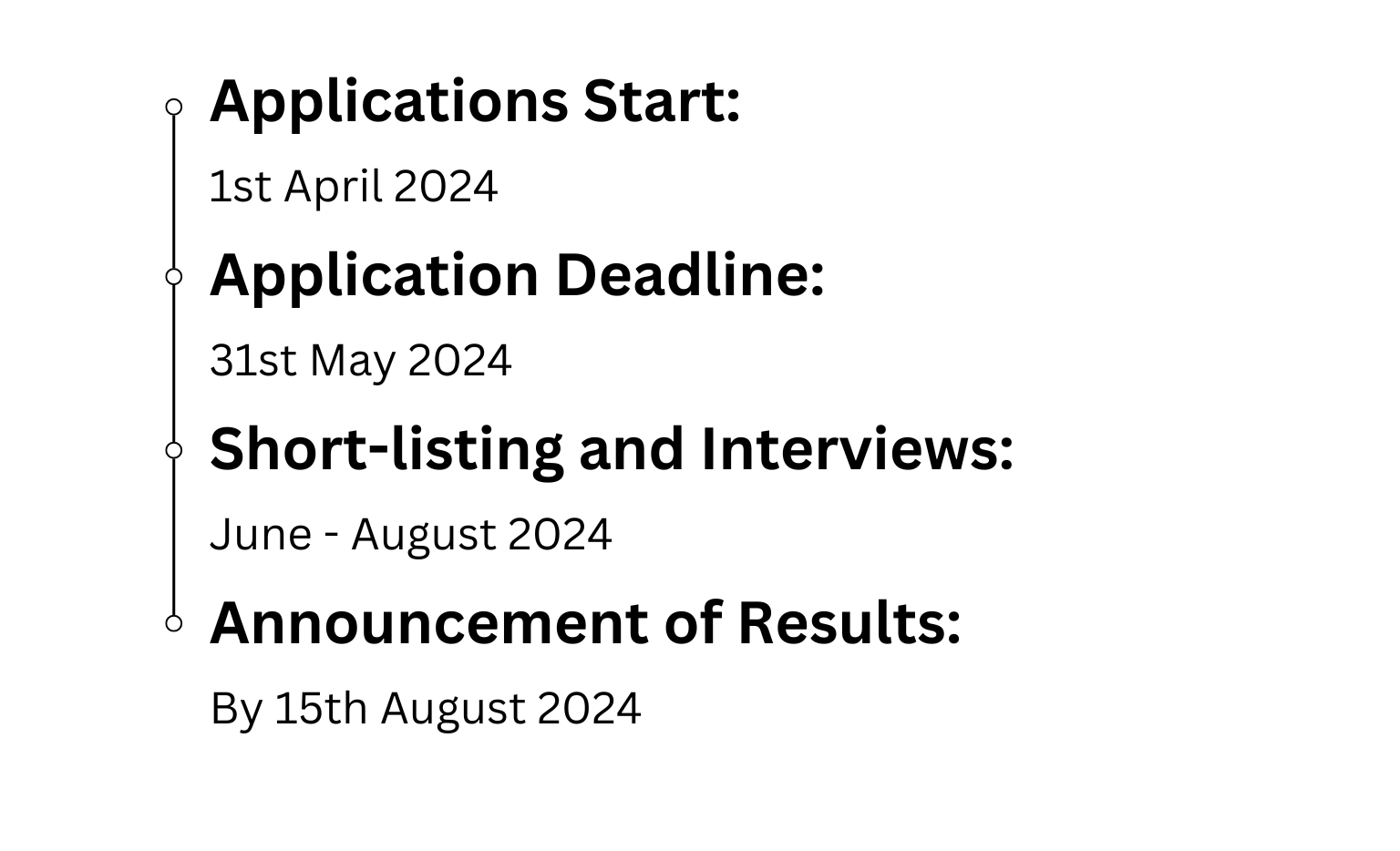
Application Process:
- Proposal Evaluation for remit, eligibility and competitiveness
- Peer review of selected applications
- Interviews of short-listed candidates for the final award
Applications for two-year grants are invited from interested individuals and teams from recognized universities, Government research institutes and not-for-profit research organizations.
The grant is envisaged as an enabler to deliver ready-to-deploy solutions for small and marginal farming communities. The outcome of the research, while based on advanced scientific knowledge, shall be readily translated into a fully sustainable solution featuring innovation, relevant to the farming community, cost-effective and easily accessible. The applicant shall emphasize the immediate deployment of the technology or research solution to the benefit of farmers.
Possible focus areas, although not limited to, of the grant are listed below:
- Climate resilient cropping/agriculture systems, post-harvest technologies, Agri wastes to wealth for farmers, safety of workers during farm operations, Crop management, Agronomy, Plant protection, Crop improvement, Novel variety/hybrid field trial, Food compositional analysis, Food safety study, Soil management, Water management, Organic farming, Sustainable agriculture, Precision farming, Seed processing and storage, Agriculture biotechnology, Artificial intelligence (AI) in agriculture, Internet of Things (IoT) in agriculture, Big data analytics in Agriculture, Farm machinery, Agro forestry, etc.
Institutional Eligibility
Individuals and teams from recognized universities, R&D institutions, and recognized non-profit research organizations in India are eligible to apply.
Proposals can come from a single institution or multiple institutions.
International Collaborations
International collaborations are eligible, but the lead organization must be based in India, and the funds will only be provided to the Indian side of the expenditure.
You’ll need to provide a strong justification for why the collaboration is essential for the execution of the project, what value it will add to the proposal, and why the work cannot be carried out in India.
Highlight any regulatory approvals needed from the Indian government for the collaboration, as well as material transfer.
Principal Investigator Requirements
The Principal Investigator should be below 50 years of age as on 31st March, 2023.
Funding Restrictions
Grants cannot be used for the salary of investigators.
You’ll need to have already secured a salaried job and space and support from the host institution before applying.
Sree PVF grants are not intended to duplicate support available from the Indian government or other sources.
If you’ve already received substantial funding for your core activities or similar work, you’ll only be eligible if you can demonstrate that the activity for which funding is sought is additional to the work for which you had already received funding from other sources.
Terms and Conditions
All successful awards are contingent upon acceptance of our non-negotiable Terms and Conditions. To avoid delays in accepting the award and initiating the projects, we advise applicants to consult and review these terms with the appropriate departments in their institution early on in the process.
Maximum Budget
The maximum budget for each grant is Rs. 50 lakh.
Grants will be disbursed in two tranches, with each tranche no more than Rs. 25 lakh per year.
Eligible Costs
Eligible costs for funding include capital expenditure (equipment), manpower, consumables, travel (no international travel) and local hospitality, contingency, overheads, field trials, safety studies, outsourcing, and others, such as training and awareness, workshops, publications, review meetings, etc., based on the requirement of the project.
Flexibility in Utilizing Budget
Sree PVF offers flexibility to the applicant in how they wish to utilize the budget as long as the requested costs are commensurate with the proposed research and are strongly justified.
Salary for Investigators
However, it’s important to note that the salary for investigators is not included in the grant.
The host institution is expected to provide salary and research support for the duration of the grant period.
Important Note
Budget indicated will be inclusive of all applicable taxes (GST and TDS included) and Institutional overheads.
Scientific Novelty and Innovation: What innovative and novel solutions are proposed?
Relevance to Farming Community: How will the proposed solutions benefit small and marginal farming communities?
Sustainable solutions: Are the proposed solutions sustainable and easily accessible?
Cost-effectiveness: Does the proposal showcase cost-effectiveness?
The expertise of Applicants: What is the expertise of the applicant in fulfilling project objectives?
Readiness to Deploy: Is the proposed technology or research solution at a reasonable readiness level for deployment upon project completion?
Green Technology: Does the proposed project adhere to green technology principles?
Responsibility: Is the timeline and budget for the project on completion reasonable?
Please click here to download the application format.
Applicants are requested to take due diligence in filing the form and provide necessary information as required. Short-listed candidates would be required to present a research proposal before a selection committee through an online presentation.
Duly filled-in applications should be submitted through email: sreepvf.agriculture@gmail.com on or before 31st May 2024. Selection of the proposal/s for the award of grants is expected to be completed and announced by 15th August 2024. The successful applicant(s) will be intimated by email as well as will be declared on the Sree PVF website.
Review Committee
Five eminent scientists from the field of Agriculture in India constitute the review committee.
Chair
Members of the Committee (2021-2024)
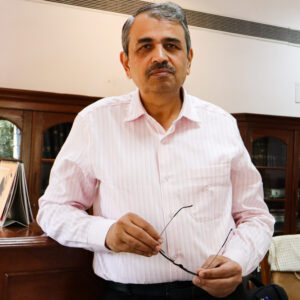 Professor L S Shashidhara, TIFR-NCBS, Bangalore; IISER, Pune; Ashoka University, Sonepat
Professor L S Shashidhara, TIFR-NCBS, Bangalore; IISER, Pune; Ashoka University, Sonepat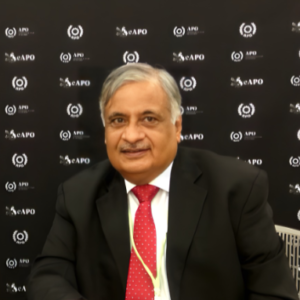 Dr Alok Kalra, Central Institute of Medicinal & Aromatic Plants, P.O. (CIMAP), Lucknow
Dr Alok Kalra, Central Institute of Medicinal & Aromatic Plants, P.O. (CIMAP), Lucknow Dr Navin Sharma, International Agriculture Consulting Group
Dr Navin Sharma, International Agriculture Consulting Group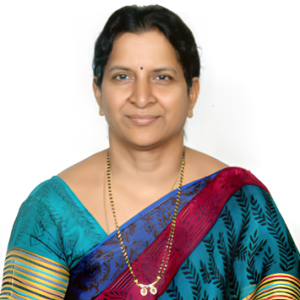 Dr M. Sujatha, ICAR-Indian Institute of Oilseeds Research, Hyderabad
Dr M. Sujatha, ICAR-Indian Institute of Oilseeds Research, Hyderabad Dr Alok Krishna Sinha National Institute of Plant Genome Research
Dr Alok Krishna Sinha National Institute of Plant Genome Research
Staff

Dr Ponnari Gottipati
Grants Manager - SreePVF Foundation
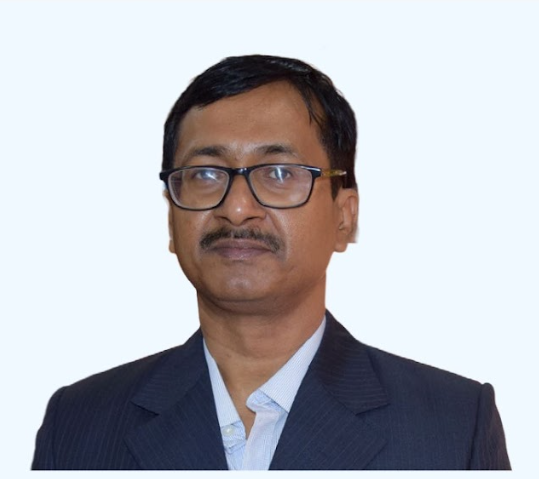
Dr Amit Das
Coordinator and communication – Startup Cofounder, former Scientist at DuPont Knowledge Center, Hyderabad
Previous Awardees
2024: Dr B. Sailaja, ICAR-Indian Institute of Rice Research, Rajendranagar, Hyderabad, Telangana and her collaborators for developing “RAISE – Rice AI Stress Evaluator”
2024: Dr Himanshi Jangir, University of Petroleum Energy Studies (UPES), Dehradun, Uttarakhand for development of a Novel Eco-Friendly Nano-Agriculture Strategy for Small-Marginal Farmers of Higher Himalayas: A Nano-Pyrite Based Seed/Root/Shoot Treatment Approach for Improving Potato Yield and Dairy Green Fodder Production
2024: Dr Shahid Rasool, CSIR-Indian Institute of Integrative Medicine, Jammu for Development and Demonstration of a Novel Production Model Integrating Lavender in High Density Apple Production Systems for Enhanced Farm Profitability from Resource Use Optimization and Environmental Sustainability through Improved Agro-ecology of the Farming Systems
2023: Dr. Sachin A Mandavgane, Visvesvaraya National Institute of Technology, Nagpur, and his collaborators for Valorization of post-harvest agro waste (with C/N >50) using indigenous fibrinolytic enzymes.
2023: Dr. Srinivas Kiran Ambatipudi, Indian Institute of Technology Roorkee, and his collaborator for building a Virtual Cow Care System Using Cow Infra Red Imaging Analytical (CIRAN) System.
2023: Dr. Sunny Dhir, Maharishi Markandeshwar, Mullana, Ambala and his collaborators for Development of ASSURRED (affordable, sensitive, specific, user friendly, robust, reusable, equipment-free, deliverable) Biosensor for the detection and management of major apple viruses.
2022: Dr. P. Lavanya Kumari, S. V. Agricultural College, Acharya NG Ranga Agricultural University, and her collaborators for building an Artificial Intelligence based modeling of major pests in Rice crop to promote Forewarning advisory services in Andhra Pradesh.
2022: Dr. Koushik Mazumder, National Agri-Food Biotechnology Institute, and his collaborators for developing a novel edible coating material for the postharvest quality improvement of perishable fruit crops
2021: Dr Jagadis Gupta Kapuganti, National Institute of Plant Genome Research (NIPGR) for his work on developing a novel and cost-effective technology to prevent post-harvest losses of fruits

